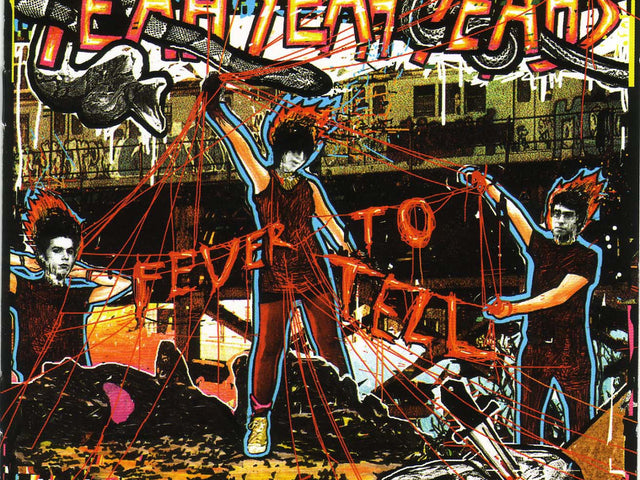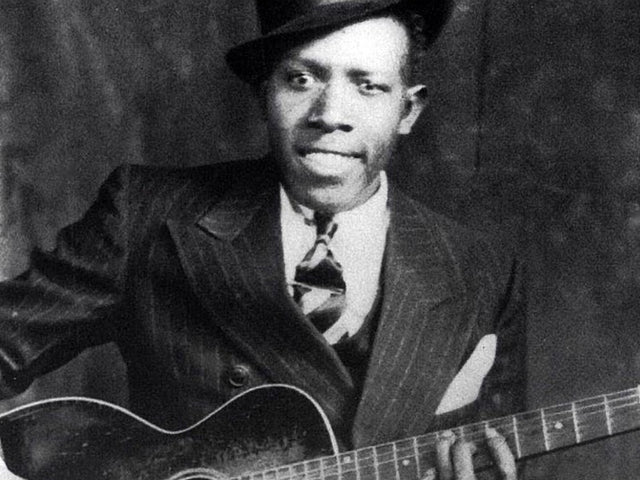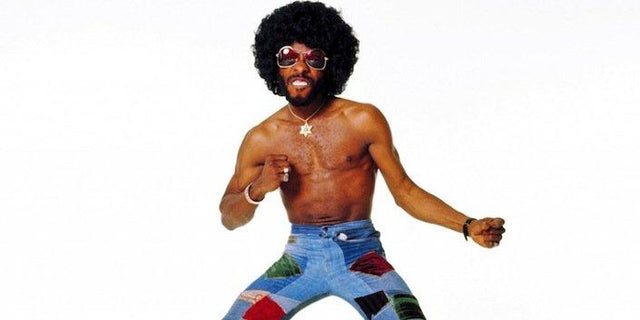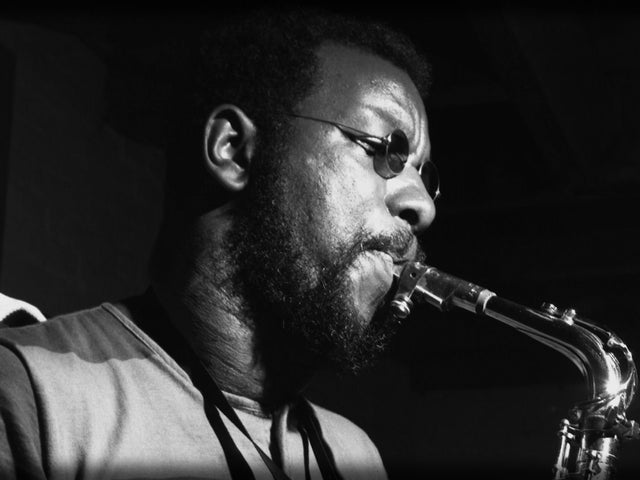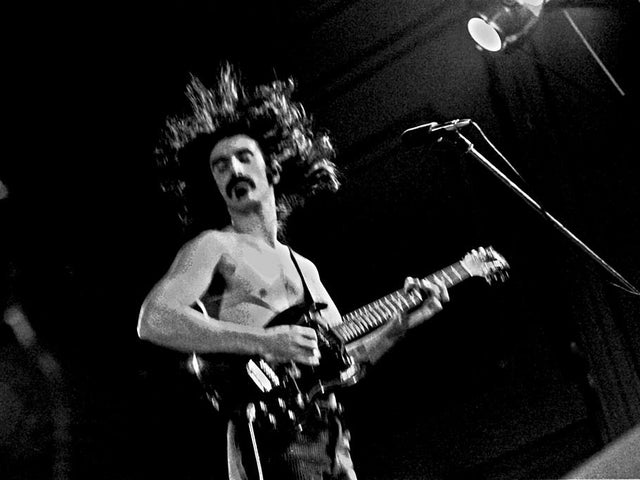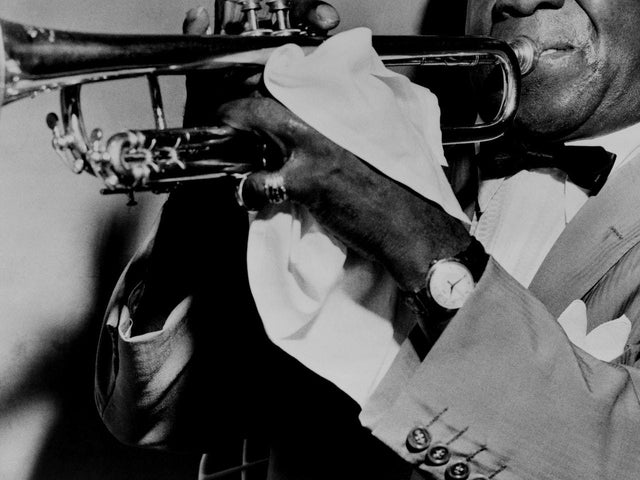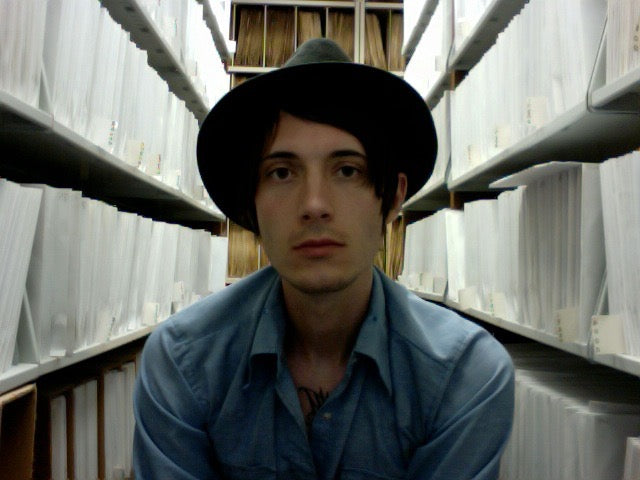The 10 Best Freakbeat Albums To Own On Vinyl
What is freakbeat music exactly? Freakbeat was a short-lived musical and artistic expression, originating in the United Kingdom ca. 1965. It combines sheen pop sensibilities with hard-driving R&B toughness; a working-class ethos effortlessly mixed with dandy mod style. It’s abstract lyricism, hard driving organ sounds and copious amounts of heavy fuzz guitar riffage all smashed and blocked into a playing time short enough to fit in the grooves of a 45 rpm single. In most cases of pioneering UK freakbeat bands, commercial success would not be attained and the shelf life of said groups would be tragically short (often one to three years).
What ties all these bands together however, is the undeniable effort and authenticity that exists in their respective work and the lasting mark they made on an underreported genre of music.

The Creation: Action Painting
Universally heralded as the most innovative and forward-thinking mod group to emerge in the mid-’60s UK freakbeat scene, The Creation have come to be regarded as the cornerstone of the genre.
“Our music is red with purple flashes,” exclaimed guitarist Eddie Phillips when asked to describe the band’s sound. Not only was Phillips an obviously accomplished wordsmith, he also pioneered feedback guitar techniques and employed the use of a violin bow in recording before Jimmy Page or Pete Townsend.
The Creation never achieved the scale of public appreciation that many of their peers enjoyed (the Who, Pink Floyd, the Yardbirds, etc.) but thanks to Wes Anderson’s 1999 film Rushmore featuring the group’s first single “Making Time,” the band gained a wider mainstream audience some 30-plus years after their formation.
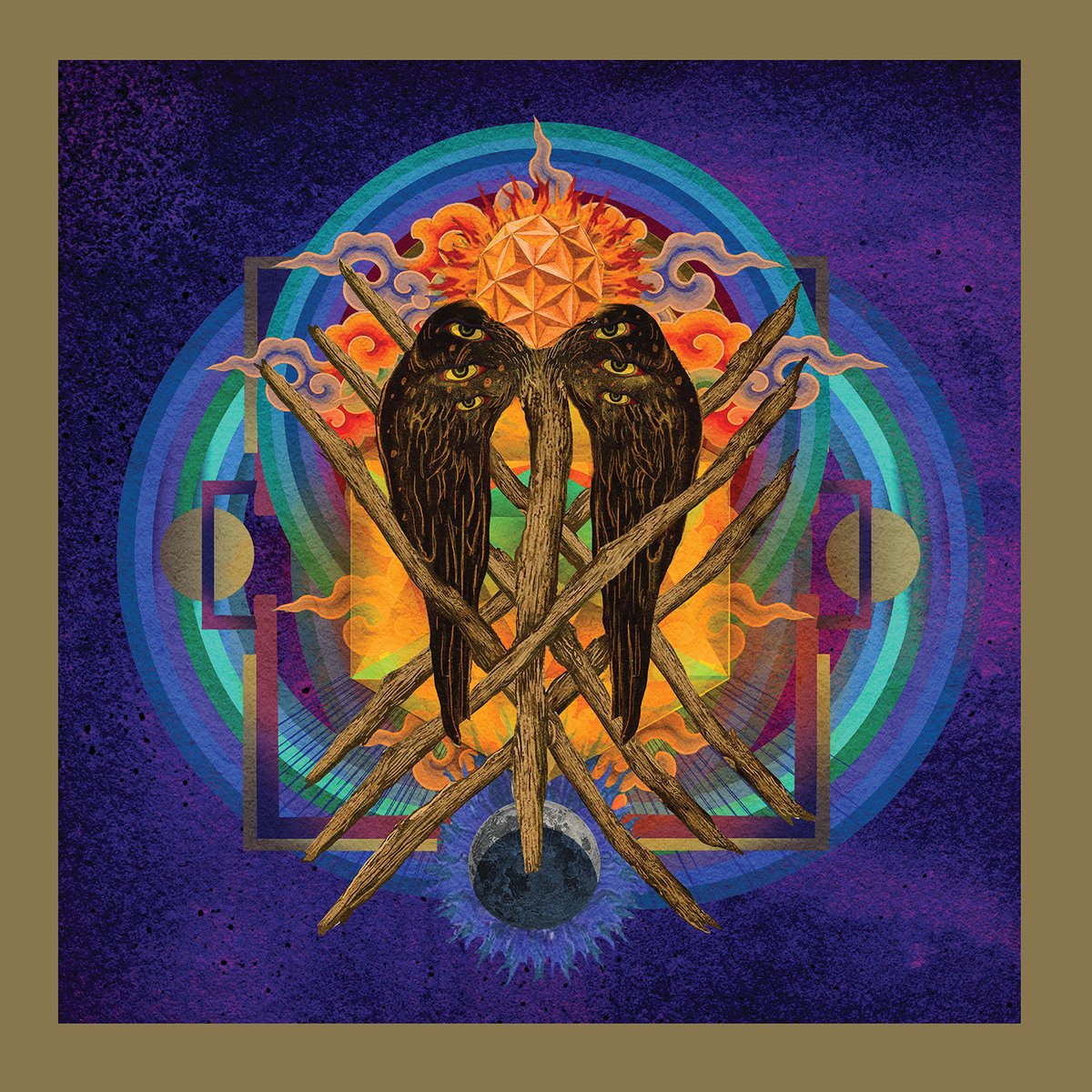
John’s Children: Jagged Time Lapse
After a brief stint of trying to ape Bob Dylan as a singer-songwriter folkie troubadour type, Marc Bolan (of soon-to-be T. Rex fame) found himself firmly ensconced in the wild world of John’s Children. Simon Napier-Bell, the band’s then-manager thought Bolan would be a perfect fit writing songs and fronting the band, but John’s Children proved to be not so much a cohesive group as a hyperpolarizing psychedelic performance art experiment that employed the local chapter of Hells Angels as security detail and were transported to and from shows in Al Capone’s Oldsmobile convertible (that Napier-Bell had shipped to the UK from Chicago).
Pete Townsend, known for smashing electric guitars into dust and employing gratuitous use of reverb to the point of eardrum malfunction, called John’s Children “too violent and loud” and kicked them off a 1967 shared tour. Meanwhile, the band’s infamous lone LP release Orgasm drew boycotts and objections from various groups of squares due to its “obscenity,” and this all proved to be too much for an already struggling band to handle.
Jagged Time Lapse culls together the band’s best (and most listener-friendly) tunes all into one lean, mean and very recommended compilation.

The Smoke: It’s Smoke Time
An infinite number of reasons exist as to why great bands don’t often find the success they deserve, and a purely 1960s example is that your best single is branded a “drug song” by the powers that be. Radio stations pull it off the air, the record label makes you re-record it, and people generally hate you for having the unabashed gall to possibly write about the recreational ingestion of hallucinogens.
Such was the case for the Smoke, who released the bombastic “My Friend Jack” single in February of 1967. With lyrics describing a protagonist who “eats sugar lumps” and “travels everywhere” (possibly in his mind), the song was flagged for promoting drug culture, and the Smoke wafted into obscurity. It’s Smoke Time is the band’s lone long player, originally released in limited quantities in 1967.

July: July
Probably the most well known album on this list to hardcore Freakbeat collectors is July’s 1968 self-titled debut LP. This tasty slice of unabashed psychedelia somehow managed to get released on major label Epic Records in the U.S., but as with most music way ahead of its time, the now-seminal offering of overtly psychedelic fuzz-pop tracks went nowhere. The band’s best work “My Clown,” “Dandelion Seeds” and “Friendly Man” are all on full display here, and July’s self titled effort is definitely a “run right out and get it” type album.

Les Fleur De Lys: Reflections
Aside from being one of the first bands future-Zeppelin head honcho Jimmy Page produced (and probably played for), Les Fleur De Lys can boast the heaviest sound of any band on our freakbeat countdown. “Circles,” “Mud In Your Eye” and “Gong With A Luminous Nose” all sonically hit like a top-shelf sheet of acid, with abnormally cool lead vocals brilliantly offsetting a full-on aural instrumental assault.
Reflections is an excellent compilation album, originally released in the late 1990s, and features all three aforementioned tracks, plus a plethora of other rarities and B-sides. A must-have for the burgeoning UK freakbeat connoisseur.

Tomorrow: Tomorrow
Tomorrow may be only a footnote in the pages of rock history, but their lone self-titled LP release is widely regarded as a premiere example of 1960s UK psych. Best known for the track “My White Bicycle” in which the protagonist rides around town on his white bicycle observing various mundane daily occurrences (because why not?). The song features backwards-tracked guitar flourishes, whispered chorus refrains and lysergic-leaning lyrical content. Band member Steve Howe would go on to be the guitarist of Yes in the ’70s, co-writing the band’s hit “Roundabout” and others. But this 1968 release finds Tomorrow at the top of their game and is an essential listen from start to finish.

The Birds: Say Those Magic Words
Probably best known as current Rolling Stone Ronnie Wood’s first band, the Birds were well on their way to swinging ’60s rock stardom, performing alongside heavy hitters like the Who at London’s venerable Marquee Club. The only problem? A Los Angeles-based band called The Byrds came across the pond in the spring of 1965 (documented in that band’s song “Eight Miles High”), and took the UK by storm. This prompted the Birds’ manager to take legal action against the Byrds for name-infringement rights, and when the motion failed it drew negative press and the Birds were cooked.
This outstanding compilation draws from the band’s extensive singles output and finds Wood and his mates hitting their musical stride with songs such as “You’re On My Mind,” “Next In Line” and the excellent title track.

The Koobas: Barricades
The similarities between the Koobas and the Beatles are striking in nature. Sans the career trajectory, both bands were from Liverpool and managed by the tortured genius of Brian Epstein. Epstein inked the Koobas to a deal with Pye Records (home of the Kinks, David Bowie, Donovan, etc.) in 1964 and stuck them in the opening slot of the Beatles’ final UK tour in the following year.
Unfortunately, that’s where the comparisons between the two acts end. The Koobas’ music never caught on with the general record-buying public, and despite being picked up for a tour of Switzerland with Jimi Hendrix in 1967, the band just couldn’t hack it. Their doomed, self-titled LP for Columbia Records released in January of 1969 is so obscure, that it now routinely commands over four figures at auction. Barricades is a much more wallet-friendly repro of the OG, with same track listing and comparable fidelity.

The Action: The Ultimate Action
Again, another super affordable comp of a painfully obscure London-based heavy psych band. The Action’s first single—a cover of “Land of a Thousand Dances” backed with “In My Lonely Room”—was overseen by Beatles producer George Martin for Parlophone Records in 1965.
That single flopped, but the band came back strong with what has become their most well known tune, a cover of the Marvelettes’ “I’ll Keep Holding On” and continued releasing singles until changing their name to Mighty Baby in 1969, and ultimately disbanding.
The Ultimate Action was released in 1980 and culls together the group’s aforementioned run of singles into a comprehensive look at a working band planted firmly in the middle of 1960s UK freakbeat culture.

The Sorrows: Take A Heart
First you take a heart, then you break her heart /
But before you do, you make it fall for you /
Then you give it back, ahh you shouldn’t do that.
So begins the simple-yet-effective title track of The Sorrows’ underappreciated 1965 debut LP Take A Heart, released on Picadilly Records. What the Sorrows lacked in lyrical profoundness, they more than compensated for in wild rave-up instrumentation and sharp mod imagery. The band’s DIY ethos led them to (allegedly) record their first single—a cover of the show tune “Smoke Gets In Your Eyes”—in their sound engineer’s bathroom.
Take A Heart as a whole, resides right on the cusp of the freakbeat movement, but over time has come to be regarded as a shining example of the genre. As with most of the titles presented on this list, reissues of the LP are relatively easy to come by and are thoroughly recommended.
Jeffrey David Harvey is a record collector/archivist/music historian who focuses most of his time looking for lost and forgotten music at thrift stores, garage sales, and junk shops. You can check out his latest finds at on his Twitter and Instagram. He also runs lostrpm.blogspot.com for those who prefer nostalgia in their internet surfing.
Join the Club!
Join Now, Starting at $44Exclusive 15% Off for Teachers, Students, Military members, Healthcare professionals & First Responders - Get Verified!
